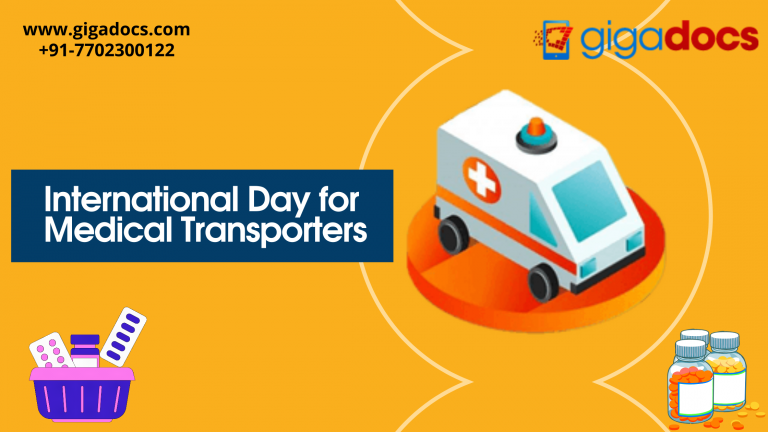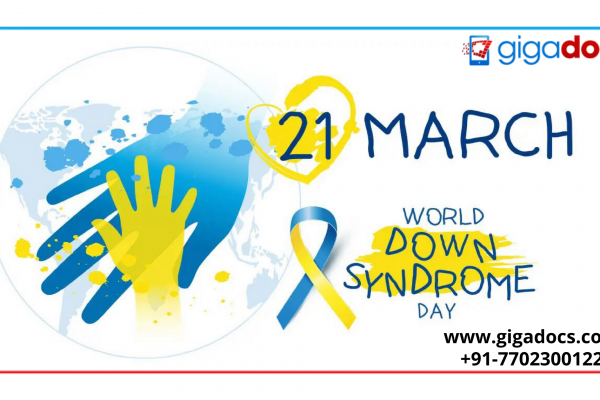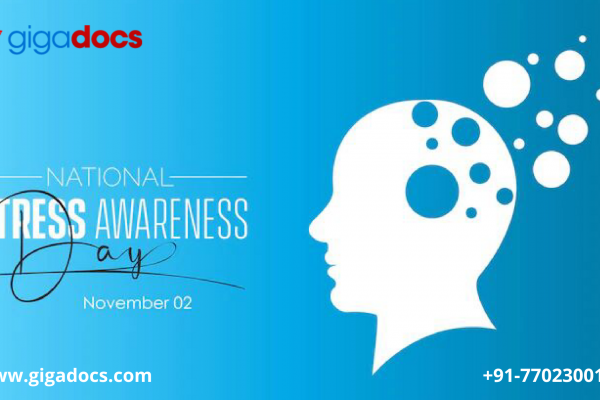The unsung heroes of critical care are medical transporters.
Medical transportation is the backbone of emergency services transportation, and it must be adequately maintained and staffed. Medical transportation is a life-saving and cost-effective mode of transportation for persons who require medical assistance in emergency and non-emergency situations.
While transporting the patient to the nearest hospital, medical transporters offer extreme accuracy, the highest degree of timeliness, dependability, comfort, cleanliness, and hygiene for the utmost care of the patient.
Medical Transportation: Different Types
Medical transportation has evolved over time and has become an integral component of healthcare delivery. While most people are familiar with Emergency Medical Transport, few are aware of Non-Emergency Medical Transportation (NEMT), also known as Non-Emergency Patient Transportation.
Emergency Medical Transport (EMT)
- Basic Life Support Transportation (also known as BLS)- Is a type of transportation that brings qualified medical technicians on board. On the route to the hospital, the critically ill patients are monitored and assisted by advanced technology.
- Advanced Life Support Transportation, or ALS- This includes professional paramedics, heart paddles, IV units, paramedics, ECG monitors, and heart monitoring equipment to support seriously ill patients who need a support system for transport to the hospital and the diagnostic centers.
- CCT (Critical Care Transport) offers critical subsidiary care by nurses who assist medical transporters depending on the severity of the emergency on a case-to-case basis. CCT is usually applicable for patients who require crucial care between hospitals and other medical facilities in the interim.
- Neo-Natal Intense Care Transport- This method of transportation helps transfer premature children and severely ill neonates of any gestational age and birth weight who require intensive care.
Medical Transportation for Non-Emergency Situations (NEMT)
Non-emergency medical transportation (NEMT) usually offers a ride to and from scheduled medical appointments, allowing people to avail themselves of chaos-free travel. Patients who require transportation to healthcare facilities for regular check-ups and consultations can use this service.
Some of the NEMT are:
- Ambulances- This mobile service is beneficial when patients seek clinical support but do not require immediate attention. Ambulance services are appropriate for those who do not require any special equipment to walk and only require minimal assistance.
- Wheelchair Services – Wheelchair services are extremely beneficial for people who are unable to walk independently. CPR-trained drivers are usually in charge of the van and wheelchair lifts.
- Stretcher – This mode of medical transportation is helpful for individuals who cannot sit due to spinal cord injuries.
- Flight Service – Flight services are primarily for people who require medical attention when traveling by air for specialized medicare.
- Organ Transfer Transportation– This service is very beneficial in the safe and timely transfer of human organs, tissues, and blood to their final destinations. These services are critical in saving the lives of those who are in need.
| Do you know? Although there is evidence of medical transportation dating back to 900AD, the earliest documented use of ambulances can be traced back to 1487, when the Spanish army transported victims during the siege of Malaga. |
What does a Medical Transporter Do?
A medical transporter is responsible for transporting a sick or injured individual to a hospital and works in high-stress environments. Medical transporters also perform the following tasks as part of their duties:
- Provide patients with comfort and assistance.
- Lift patients in and out of bed.
- Communicate with patients holistically.
- Ensure a safe and healthy working environment.
- Go a step further to respect patient’s privacy.
International Day for Medical Transporters
During World War I, from 1914 through 1920, the RAMC (Royal Army Medical Corps) introduced a day for medical transporters. Every year on August 20th since then, the International Day of Medical Transporters has honored ambulance drivers and the vital role they play in delivering medical care around the world, particularly during the Covid Pandemic.
Gigadocs: Honouring Medicare Professionals
We at Gigadocs honor our medical transporters for their heroic work in delivering critically ill patients to hospitals and saving countless lives. Besides, Gigadocs acknowledges effort made by everyone connected with healthcare who play an essential role in facilitating healthcare and timely service delivery. We recognize their part, and we are proud to do our bit through our digital healthcare offerings. We aim to help medical caregivers like doctors and medical receptionists with a customized Gigadocs appointment booking and healthcare management application that streamlines a doctor’s daily schedule.
Digital prescriptions, Analytics, Expense management, Appointments, and calendar are a few services we bring on the Gigadocs app for our doctors and medicare professionals.
To learn more about how can Gigadocs help medicare professionals, download the Gigadocs app from-
- IOS App – apple.co/2W2iG4V
- Android App – bit.ly/33AQoRC
To schedule a demo e-mail, at info@gigadocs.com




